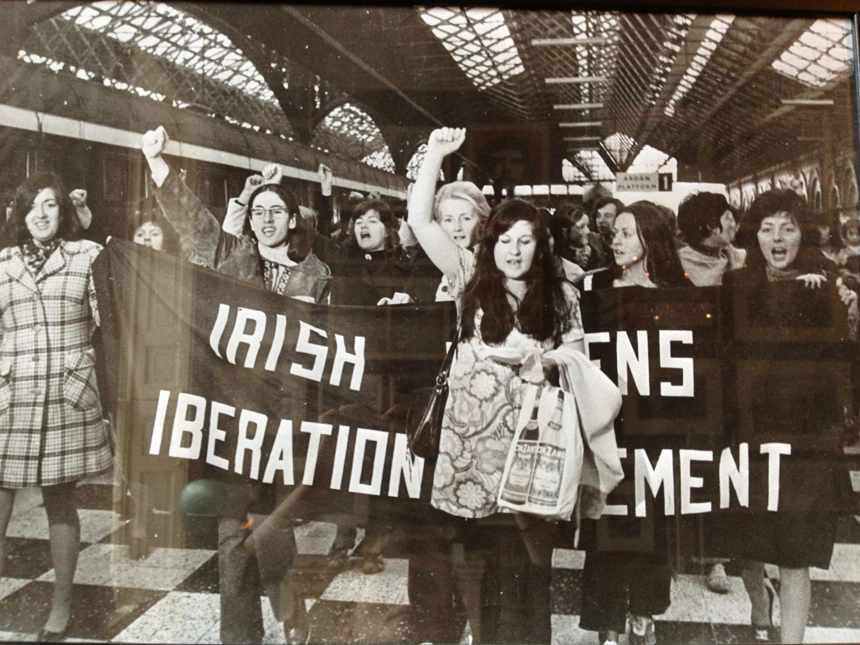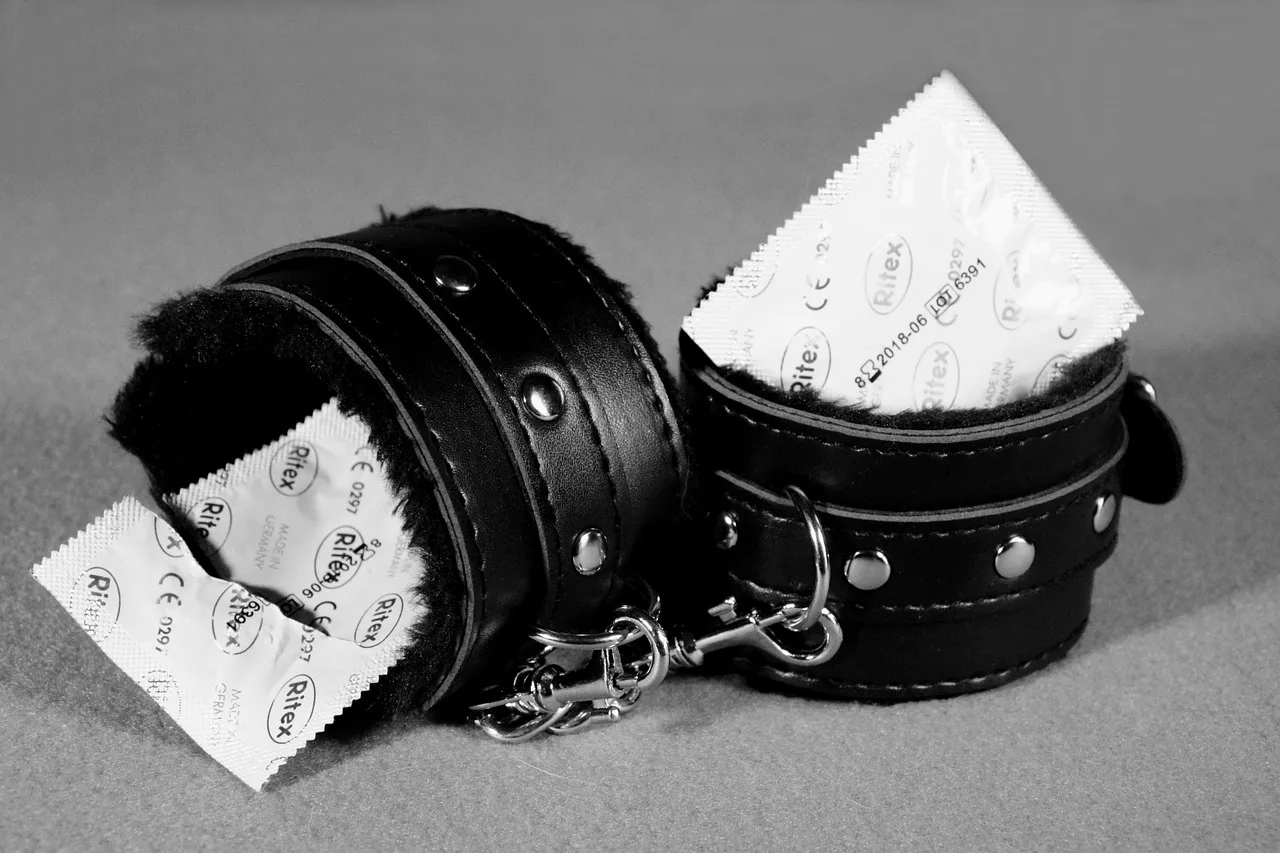The Internet is full of stories that it is better to take condoms with you to Ireland, since their sale in this country is illegal. We checked if this is true.
About the fact that condoms in Ireland are under full or partial ban, write many bloggers, including stories about travel, relationships and sex. Didn't get around this one plot and Russian-language media - they wrote about the unusual law, for example, “Arguments and facts", "Evening Moscow"and Lithuanian edition Delfi. AiF has been publishing for 19 years with minor variations. wanders according to Runet. “In Ireland, condoms are difficult - take rubber bands with you, as the authorities of this country believe that condoms interfere with procreation” - posts and articles With similar text appear on different portals and forums several times a year. Some sources clarify that the ban on the sale of contraceptives acted only until 1978, some write that restrictions were lifted only in the 1990s, but complexity with the acquisition of condoms and other means of contraception in Ireland continue to this day.
Ireland is a country in which the influence of the Catholic Church was colossal, with Catholicism closely tied Irish identity itself. The Vatican's relationship with contraception in the 20th century was very complex. The massive distribution of condoms and the development of spermicides and other contraceptives in the first quarter of the last century caused great concern to the Holy See. Published on December 31, 1930 encyclical Pope Pius XI "On Christian Marriage". In it, the pontiff issued a lengthy condemnation of any contraception, citing, in particular, Saint Augustine, who said: “Intercourse even with a lawful wife is illegal and vicious where there is an obstacle to the conception of offspring.”
It was probably this condemnation from the church that prompted the Irish government to ban the import, purchase and sale of condoms in 1935. And although the use of contraceptives was not punishable as such, contraception was unaffordable for the majority of Irish people - section 17 of the Criminal Law Amendment Act provided fine and imprisonment for up to six months for the import, sale and even display of any contraceptive items.
This situation remained until 1971, when representatives of the Irish Women's Liberation Movement (IWLM) traveled from Dublin to Belfast (located in Northern Ireland, part of the UK) to buy contraceptives and bring them home. This journey became known as "Contraception train» (Contraceptive Train) - 49 women returned to Connolly station in the Irish capital, openly displaying purchases that surprisingly were not confiscated by customs officers. The protest received widespread publicity and media attention.

Two years later, she became no less famous in Ireland story 27-year-old mother of four Mary McGee. Her second and third pregnancies were complicated by cerebral thrombosis, and she also suffered a stroke and temporary paralysis. According to the doctor’s conclusion, the woman might not survive another pregnancy. The doctor recommended using aperture and spermicides, but the law prohibited not only buying them, but even getting a prescription. McGee tried to smuggle doctor-recommended spermicide, but it was confiscated by customs. Then Mary and her husband appealed to the Supreme Court, which majority votes ruled in McGee's favor, ruling that married couples have a constitutional right to make private family planning decisions and questioning the constitutionality of Section 17.
This was a breakthrough - restrictions began to ease, and it became possible to legally import contraceptives from other countries. But they could not be produced and sold in Ireland until 1979. Then in Ireland it was accepted Family Planning Law, allowing the sale of contraceptives by prescription. And in 1985, despite the disapproval of the Catholic Church, an amendment to this law was adopted, according to which condoms and other contraceptives could be purchased without a prescription, but in strictly designated places. However, about half of the country's pharmacies refused to stock any contraceptives.
Only in 1992 And 1993 In 1993, amendments to the same Family Planning Law were adopted, which removed most restrictions on the supply and sale of contraceptives, and the 1993 amendment also repealed the previous ban on the sale of condoms to boys and girls under 17 years of age.
Nowadays, buying male condoms in Ireland is not a problem - they for sale in clinics, pharmacies, in special machines in shopping centers and in regular stores. With female condoms the situation is a little more complicated, since they are less popular, but these contraceptives are also available. If an Irishman is 17 years old, then he Maybe receive free condoms by filling out the appropriate form, and from 14 September 2022 contraception in Ireland steel free for Irish girls and women aged 17 to 25 years.
The ban on the sale of condoms in Ireland actually existed for quite a long time, and it was this that formed the basis of numerous Internet tales and misconceptions. However, since 1993, there have been no legal or age restrictions on the sale of this type of contraceptive in Ireland.
Cover photo: Klaus Hausmann from the site Pixabay
- Is it true that sex education in school leads to early sexual debuts?
- Is it true that Indonesia has banned sex outside of marriage?
If you find a spelling or grammatical error, please let us know by highlighting the error text and clicking Ctrl+Enter.






